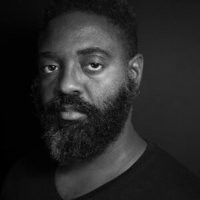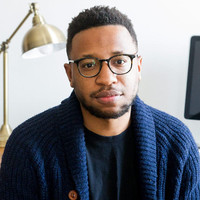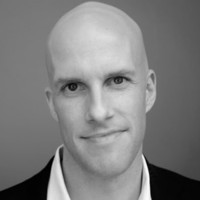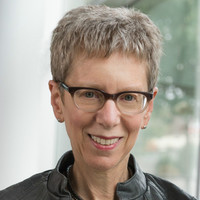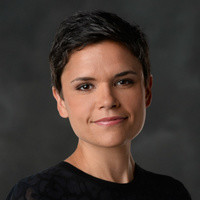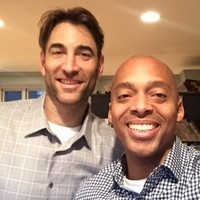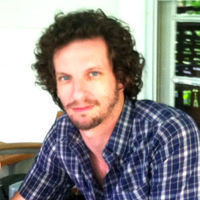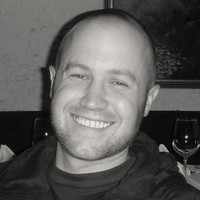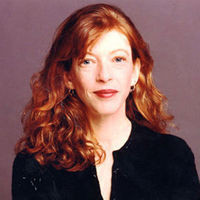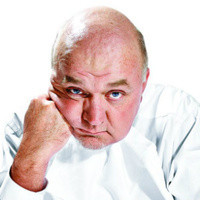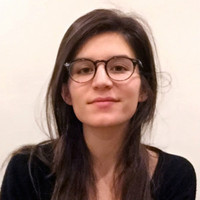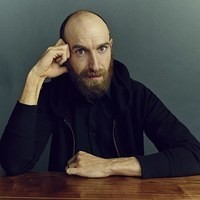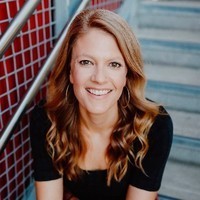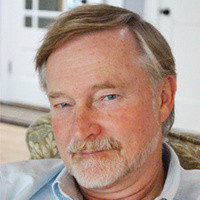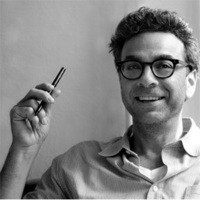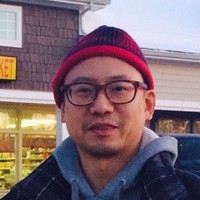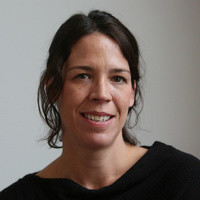Reginald Dwayne Betts is a poet, lawyer, and founder of the nonprofit Freedom Reads. His New York Times Magazine article "Could an Ex-Convict Become an Attorney? I Intended to Find Out" won the National Magazine Award. His new podcast is Almost There.
“I felt like I had to own becoming something and intuitively understood that if I didn't lay claim to desiring to be something, that it would be too many other forces that would be pulling on me to dictate that I become something else. … When you say you're a writer, if you know nothing else, then you know that you read. You pay attention to the world. … And prison became the metaphor by which I understood the world and poetry became the medium by which I understood what it meant to write about the world and what it meant to take seriously the responsibility to write about the world that I knew.”
